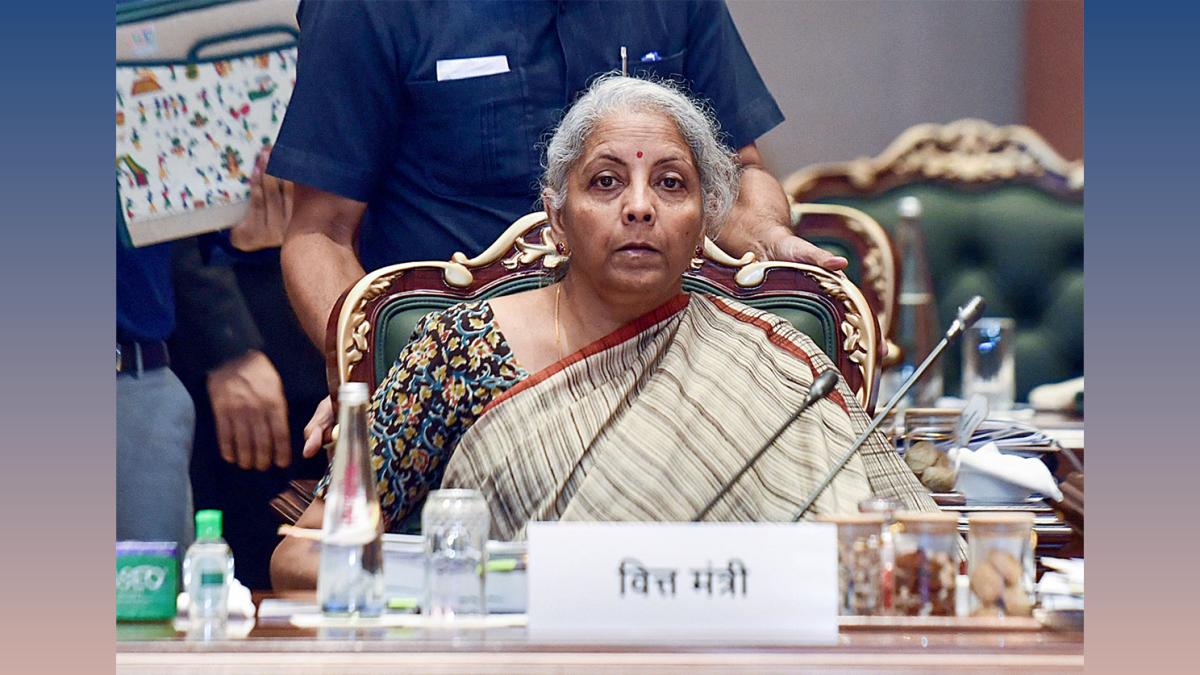 |
|
The Indian FMCG (Fast-Moving Consumer Goods) sector is buzzing with optimism following the announcement of the FY26 Union Budget. The budget, lauded by industry leaders as progressive and forward-looking, focuses on significant tax reliefs and increased investments in rural development. These measures are expected to alleviate inflationary pressures, boost disposable incomes, and ultimately stimulate consumption, particularly within urban markets that have witnessed sluggish growth in recent quarters due to high food inflation. The consensus amongst experts and FMCG executives is that the budget provides a strong fiscal foundation for the sector, paving the way for a consumption-led economic revival.
Several key figures from prominent FMCG companies have voiced their support for the budget's provisions. Emami's Vice Chairman and MD, Harsha Vardhan Agarwal, highlighted the personal income tax reductions as a crucial driver of increased consumer spending and discretionary purchases. Similarly, PepsiCo India & South Asia CEO, Jagrut Kotecha, emphasized the budget's focus on an income-led revival, providing much-needed relief to the middle-income group and stimulating overall consumption. Godrej Consumer Products Ltd CFO, Aasif Malbari, praised the balanced approach of the budget, strengthening rural infrastructure, manufacturing, and consumer spending—three critical pillars for the FMCG sector. He further emphasized the potential for market expansion due to increased economic activity and job creation in rural areas.
The impact on the middle class is seen as particularly significant. Marico's MD & CEO, Saugata Gupta, described the budget as bold and forward-looking, placing the middle class at its core. Targeted tax relief and enhanced social security measures are anticipated to uplift household sentiments, boosting disposable income and driving consumption. This sentiment is echoed by numerous other executives, including those from DS Group, RSH Global, and Adani Wilmar, all of whom believe that the tax reforms will lead to increased consumer spending across various sectors, including FMCG, automobiles, and retail. The increased disposable income, coupled with moderating inflation, is expected to restore consumer confidence and drive demand, especially in urban markets that have seen a decline in recent months.
The rural market, historically a strong driver of FMCG growth, is also expected to benefit significantly. Investments in rural development and job creation will boost economic activity, leading to higher consumption and opening new opportunities for market expansion. The budget's focus on improving agricultural productivity and boosting consumer well-being, including support for oilseed cultivation and food processing, will further enhance domestic production and stimulate demand. This is a crucial factor, considering that rural demand has historically grown at twice the rate of urban areas, albeit from a lower base, driven by the purchasing power of over 800 million people whose spending habits are closely tied to agricultural output.
Beyond the direct impact on consumer spending, the budget's measures also address broader economic factors that benefit the FMCG sector. Deloitte India Partner & Consumer Industry Leader, Anand Ramanathan, highlights the budget's ability to spur both rural and urban economies by encouraging private consumption while maintaining government capital expenditure. Reversing inverted duty structures, enhancing ease of doing business, and promoting exports in various sectors will boost manufacturing and encourage private investment in consumption-oriented sectors. Furthermore, the expansion of social security for gig workers, improved guarantees for MSMEs, and increased credit accessibility for farmers will broaden consumption support beyond the formal sector, reaching more unorganized parts of the economy. This holistic approach aims to create a more robust and inclusive economic environment, fostering sustainable growth for the FMCG sector and the Indian economy as a whole.
Source: FMCG Companies Hope for Consumption Growth After Budget
